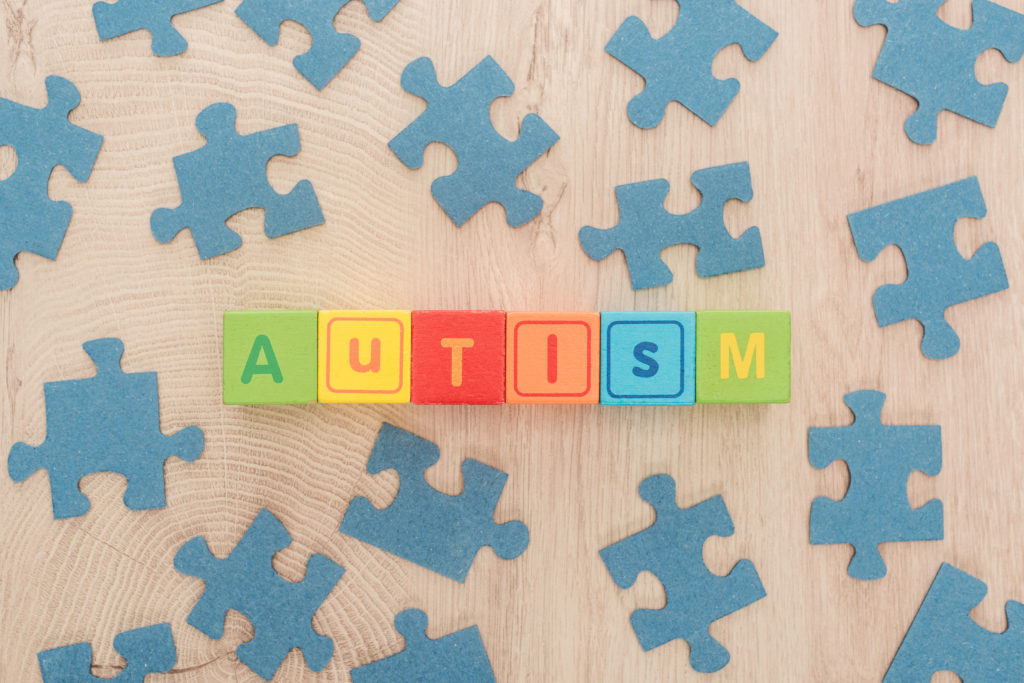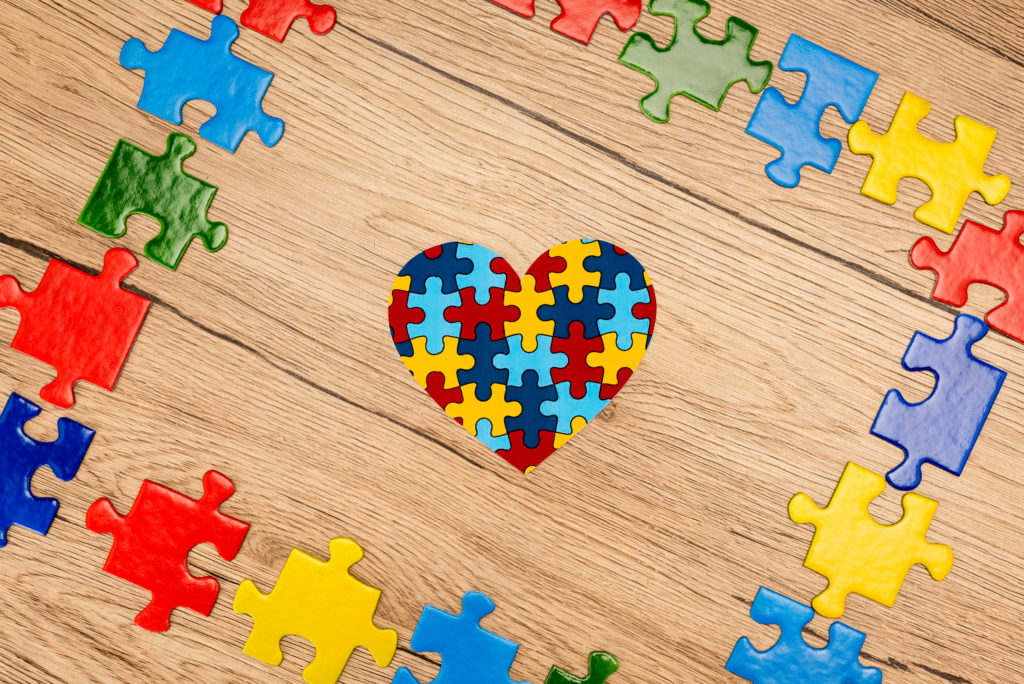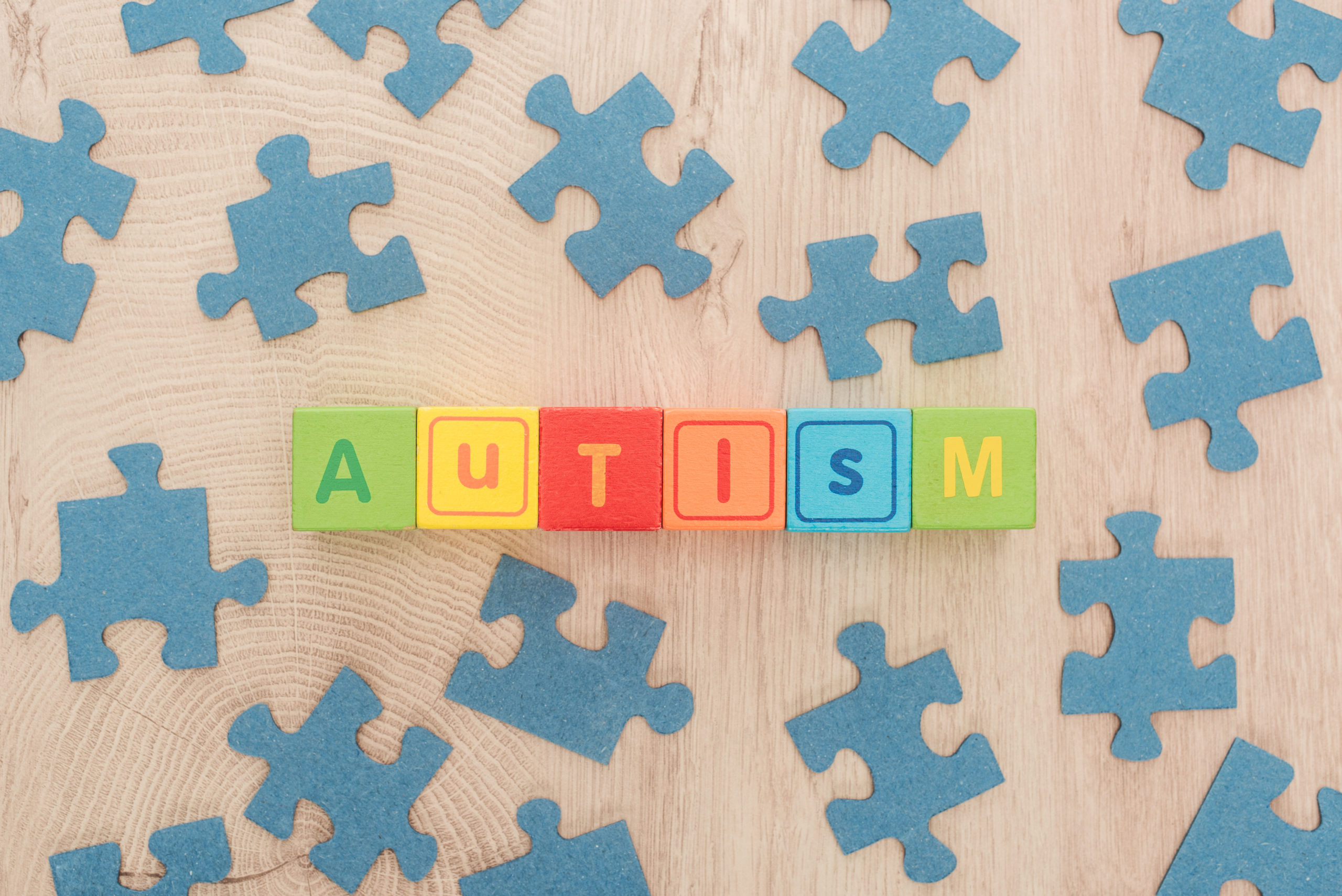Understanding Autism – The Signs of Autism in Children
What is Autism?
It is a lifelong, spectrum disorder that affects an individual’s social, behavioral, and communication skills. While it has yet no exact cause, the signs and symptoms of autism are increasingly identifiable as awareness of the disorder develops amongst medical professionals, parents, caregivers, and educators.
The signs of autism in children
The signs and symptoms of autism vary widely among individuals. Some are more severely affected, others display a wide variety of different signs. The disorder is also believed to present differently in males and females, and in children and adults.
Autism in children is usually identified from as early as 12-18 months old, with a diagnosis being made anywhere between 2 and 3 years old. However, some children present with the signs of autism at a later age, or symptoms become more or less severe with age.
A major sign of autism in a toddler or child is a regression in speech and language development. A child under the age of two who began to use single words to describe objects or communicate and who then stops talking would trigger a cause for concern. As would a child of the same age who may have enjoyed interactive games, such as “peek a book” and a simplified version of “hide and seek”, but then who stops playing them altogether.
Understanding the signs of autism in children is very important in ensuring an early diagnosis and early intervention. This early intervention is crucial to improving the outcomes of a child’s life and the management of the symptoms associated with autism.
Being aware of these signs within the context of age-appropriate development is important when it comes to tracking and monitoring a child’s development.
| The main signs of autism in children (older than 12 months of age) |
| Doesn’t respond to their name |
| Doesn’t use sounds, babbling to communicate |
| Shows no interest in people or activities around them |
| Shows no interest in, or is not comfortable with physical contact and affection |
| Doesn’t engage in creative, role-play or pretend and imaginative play |
| Struggles to interact with or respond to peers or other children |
| Is unable to understand and follow simple instructions and sentences |
| Repeats words or questions asked to them without showing an understanding of what was asked |
| Struggles to convey emotion, needs, and interests |
| Shows a lack of or limited eye contact |
| Is unaware of how to use facial expressions for appropriate matching emotions |
| Doesn’t make gestures to convey feelings and emotions |
| Sensitivity to sensory stimulus- smells, textures, noises, and visuals |
| Needs to follow a strict routine without any deviations |
| Is not able to handle minor changes to routine or environments |
| Displays an intense interest in a specific object or topic |
| Displays repetitive movements and behaviors- flapping, rocking, twirling, headbanging, snapping, tapping |
This is by no means an exhaustive list of the signs of autism in babies and children. There are many symptoms associated with autism that present in some children and not others, and which are more noticeable and recognizable in some than others.
However, an awareness of the main symptoms and how they may appear in children is important in raising a greater understanding of the disorder in order to ensure children with autism receive the diagnosis and assistance they need.
If, as a parent, caregiver, or educator, you have any concerns about a child in your care and possible autism symptoms the first place to start is with professional consultation and assessment. Bringing possible autism symptoms to the attention of a medical professional is crucial in beginning the process of a diagnosis, or of ruling out autism as a cause.
In some cases, autism may also present as the symptom of a rare genetic disease or syndrome. If this is believed to be the case, genetic counseling and analysis and testing may be deemed necessary.









